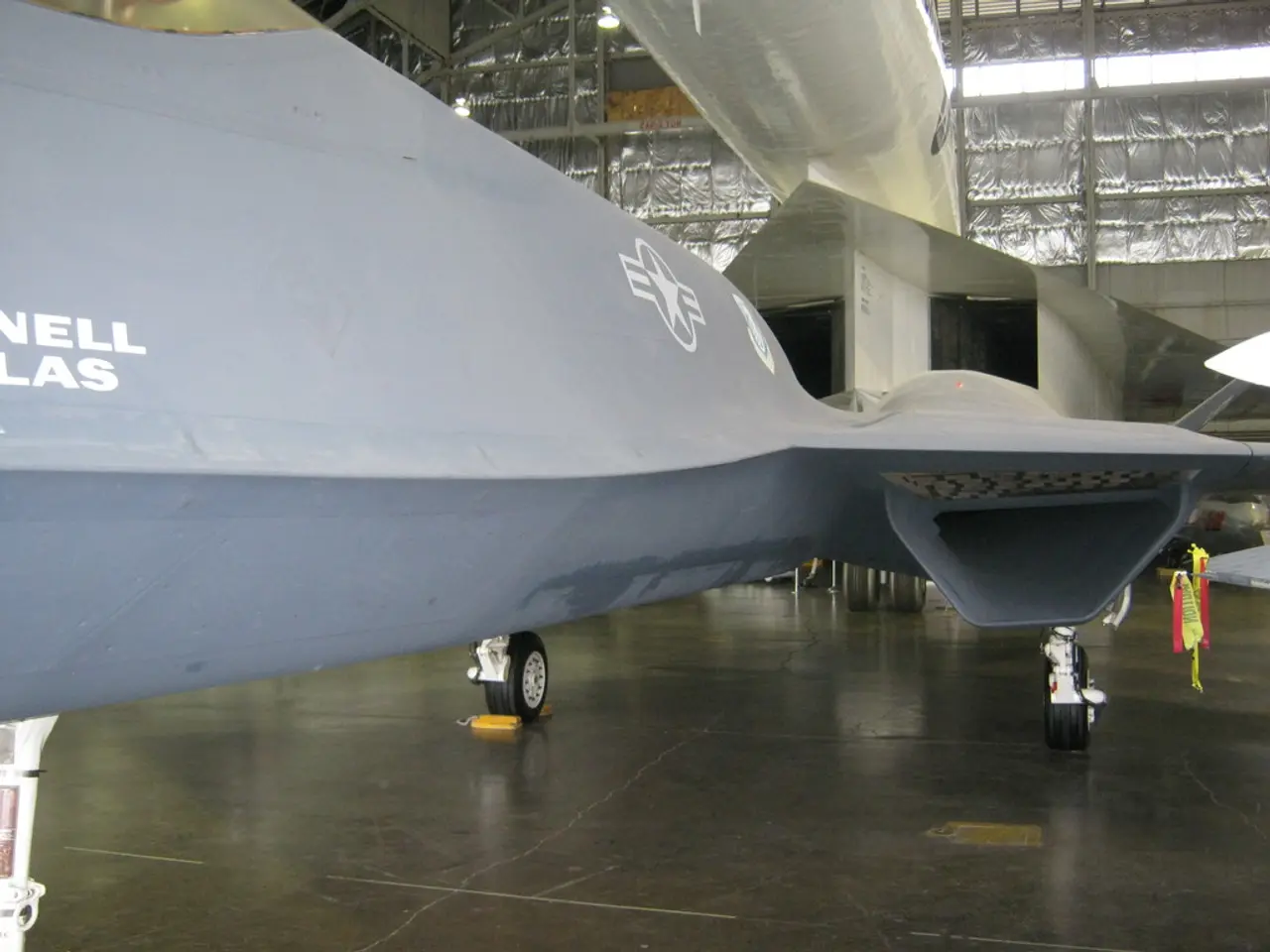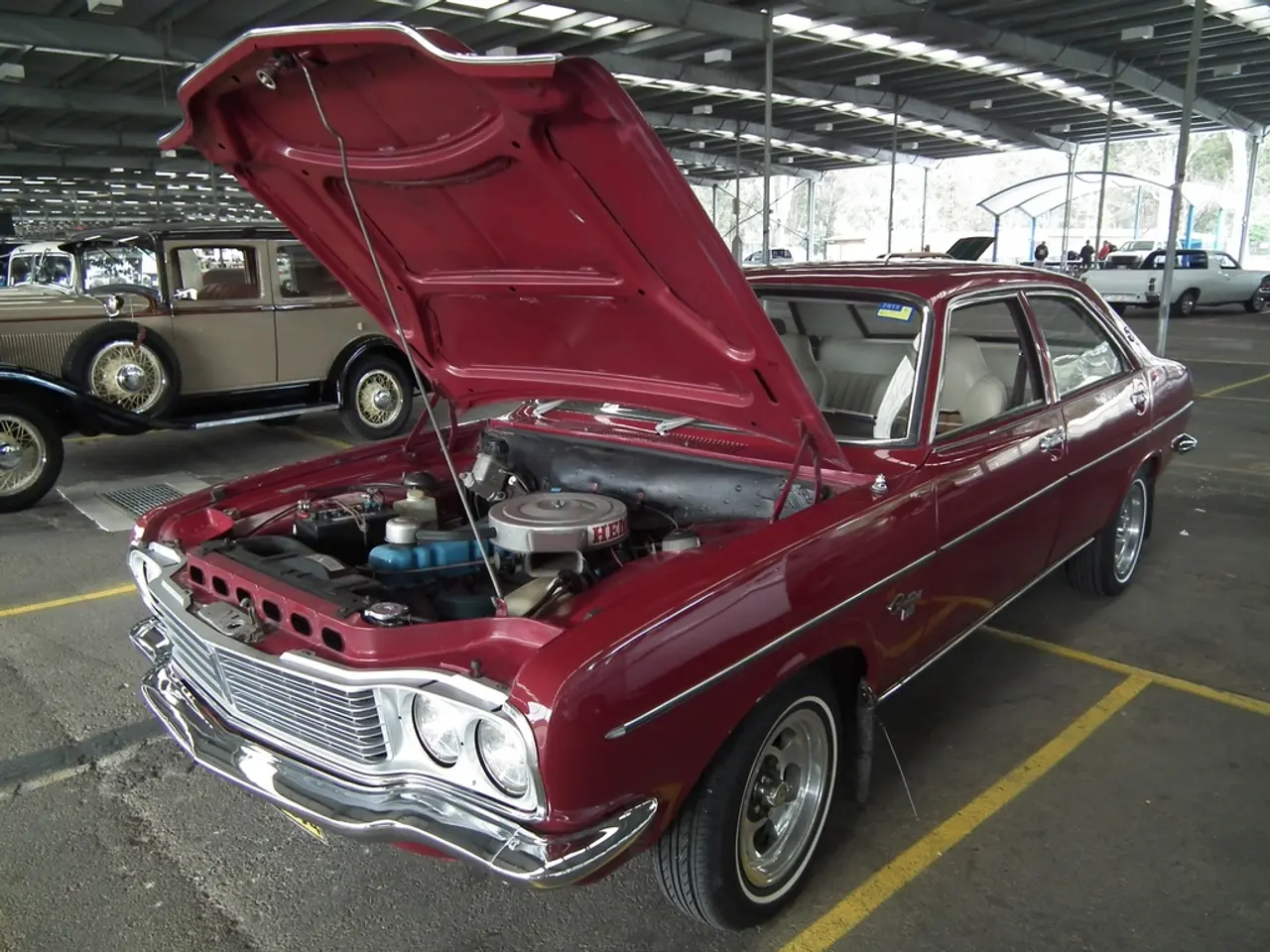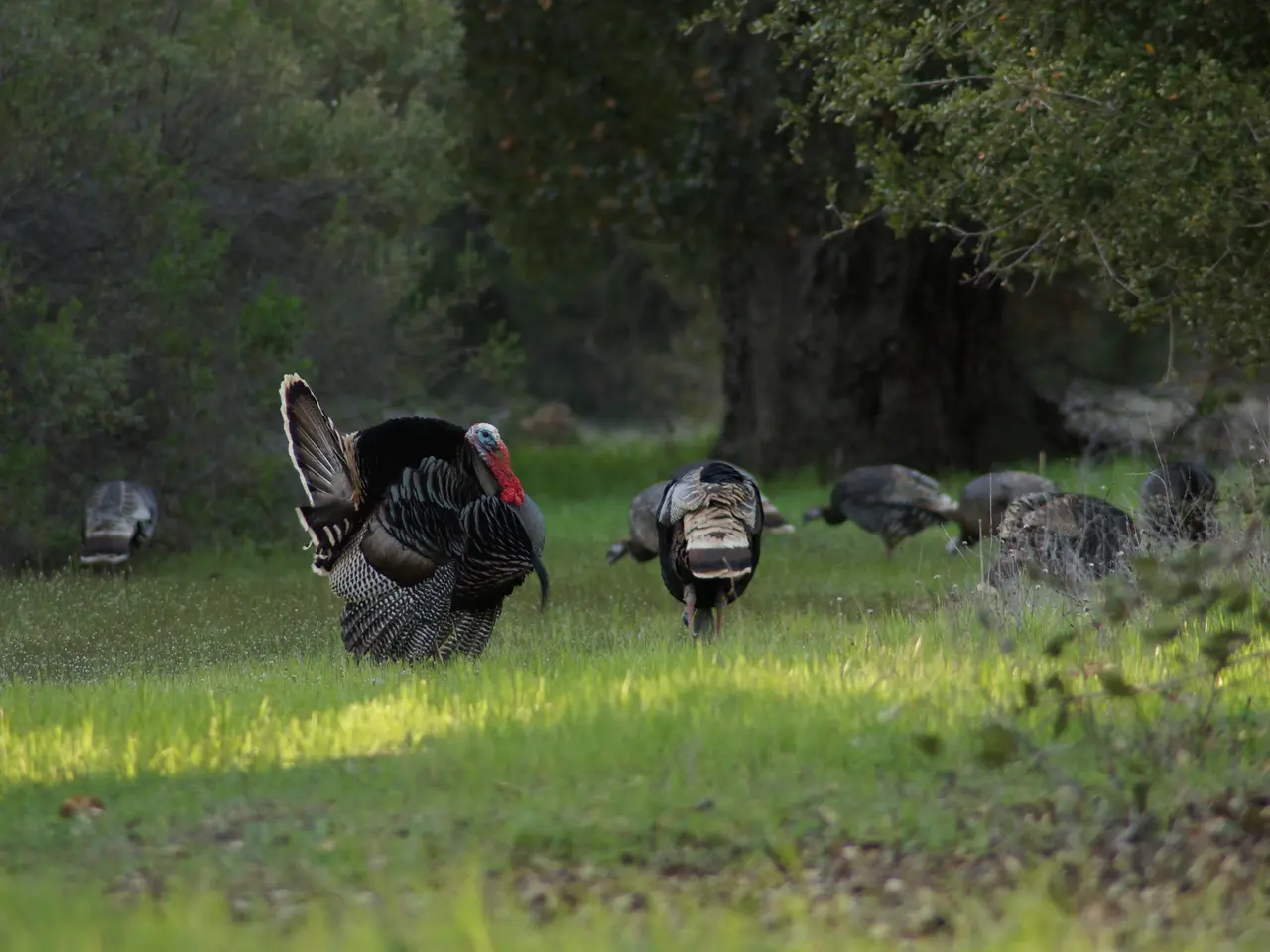Flight Attendants Union and Air Canada restart talks over labor agreement
Air Canada Flight Attendants' Union Threatens Strike as Negotiations Reach Boiling Point
Air Canada flight attendants, represented by the Canadian Union of Public Employees (CUPE), held coordinated protests at major Canadian airports on August 11, 2025, signalling a strong show of support for a possible strike starting August 16, if negotiations fail.
The union members, numbering over 10,000, voted overwhelmingly (99.7%) in favour of strike action after unsuccessful negotiations that have been ongoing since early 2025. The key issues in their negotiation with Air Canada include unpaid work, low wages, especially for junior attendants, and the recognition of non-working hours.
Flight attendants report rampant unpaid labor in critical safety-related duties and other responsibilities that extend beyond paid hours. Starting pay increases over 25 years have been minimal, with full-time entry-level attendants now earning less than minimum wage when adjusted for inflation. Junior attendants reportedly earn as low as $1,952 per month before taxes, which the union describes as 'poverty wages'.
CUPE also demands that Air Canada acknowledge and compensate for hours worked outside of paid shifts that contribute to safety and service. The union wants Air Canada to eliminate unpaid work and is optimistic about the possibility of avoiding a strike.
Air Canada maintains that current flights are operating normally with no disruptions as of early August 2025. The airline states that a strike cannot legally occur before August 16 due to a mandatory 21-day cooling-off period ending at 12:01 a.m. EDT on that day.
The union requires at least 72 hours' notice before a potential strike. The airline is working to reach an agreement before the potential strike date, and CUPE is planning to resume negotiations on Friday.
The potential strike could still occur if an agreement is not reached before the August 16 deadline. If it does, it could affect Air Canada's flight operations. A vote on a strike mandate is considered a normal step in the negotiation process, and this one took place after the airline and the union failed to reach an agreement through a conciliation process.
Both parties have been in contract talks since the beginning of the year, and the negotiations are focused on resolving issues between the union and Air Canada. CUPE also wants Air Canada to respond to its proposals for wage increases.
In summary, the negotiations are tense, focusing on fair compensation for unpaid labor and updating wages to reflect current economic realities. A strike remains a possible outcome if an agreement is not reached before the August 16 deadline.
French journalists are closely monitoring the ongoing politics of Air Canada and its union, the Canadian Union of Public Employees (CUPE), as the potential strike looms. With the general-news focus on unpaid work, low wages, and the recognition of non-working hours, the situation exemplifies the battle between labor rights and corporate profitability on a global stage.






